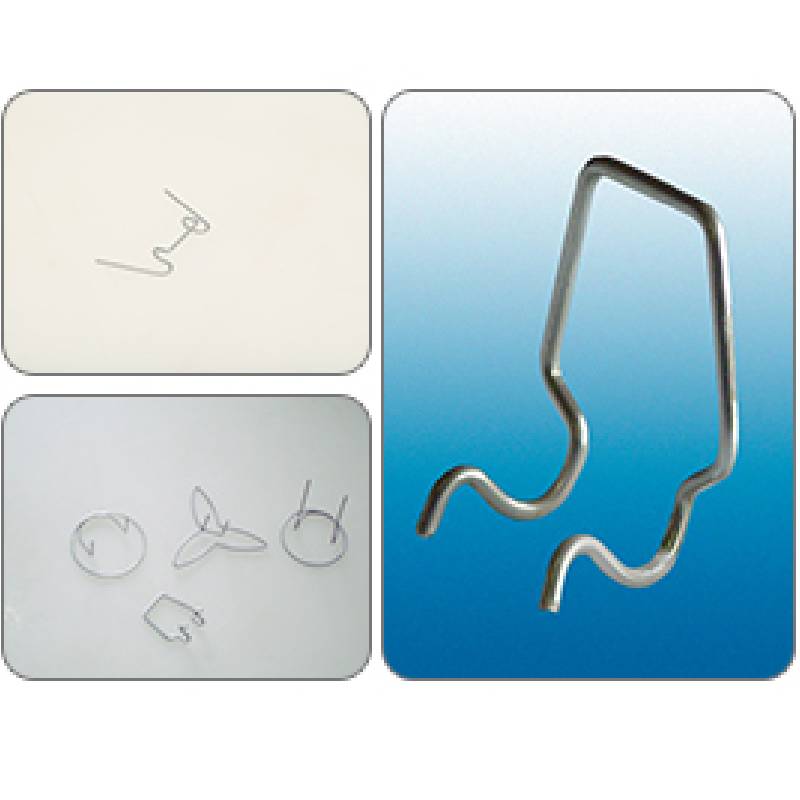
- Mobile Phone
- +8613931874955
- sales@cntcmetal.com
Exploring the Properties and Applications of Nickel Iron Wire in Modern Technology
The Significance of Nickel-Iron Wire in Modern Applications
Nickel-iron wire, often referred to as NiFe wire, is a unique alloy made primarily of nickel and iron. This specific combination offers a range of remarkable properties, making it increasingly popular across various industrial and technological applications. In this article, we will explore the composition, characteristics, and practical uses of nickel-iron wire, highlighting its significance in modern industries.
Composition and Properties
Nickel-iron wire generally contains a high percentage of nickel (approximately 36%) and a substantial amount of iron. The precise composition can vary depending on the intended application, but this alloy is known for its high magnetic permeability, resistance to corrosion, and exceptional strength. The unique combination of nickel and iron provides a range of mechanical and electrical properties, making it an essential material in many fields.
One of the most notable characteristics of nickel-iron wire is its ability to maintain its structural integrity at various temperatures. This thermal stability is critical in applications where wires must perform reliably under extreme conditions. Moreover, the wire exhibits excellent ductility and malleability, allowing it to be easily fabricated into different shapes and sizes according to the specific requirements of various projects.
Applications
One of the most common applications of nickel-iron wire is in the field of electrical engineering. The high magnetic permeability of this alloy makes it an ideal material for transformers, inductors, and chokes. Because of its excellent electrical conductivity and thermal stability, nickel-iron wire can effectively reduce energy losses in electromagnetic devices. This capability is particularly crucial in modern energy-efficient designs where optimizing performance is essential.
2. Telecommunications
In telecommunications, nickel-iron wire is often used in the construction of antennas and various components of communication devices. The alloy's ability to withstand external environmental factors while maintaining high conductivity makes it suitable for both indoor and outdoor applications. As the demand for faster and more reliable communication continues to grow, the use of nickel-iron wire in this sector is likely to expand.
nickel iron wire

3. Automotive Industry
The automotive industry has also seen significant uses of nickel-iron wire, especially in electric and hybrid vehicle applications. Due to the increasing focus on energy efficiency and the need for lightweight materials, nickel-iron wire is employed in electrical systems, sensors, and connectors to ensure optimal performance and safety. Its resistance to corrosion also ensures a longer lifespan, which is critical in automotive components subjected to harsh conditions.
4. Aerospace
In aerospace applications, the durability and lightweight properties of nickel-iron wire make it an attractive choice. With the aerospace industry pushing the boundaries of technology, the demand for materials that provide both strength and weight reduction is paramount. Nickel-iron wire is utilized in flight control systems, satellite technology, and various other components where performance and reliability are essential.
Advantages of Nickel-Iron Wire
Nickel-iron wire offers several advantages that set it apart from other materials. Its high strength-to-weight ratio allows for reduced overall system weight while ensuring structural integrity. The wire's ability to withstand extreme temperatures and environmental factors also adds to its appeal, making it suitable for various applications that other materials may not endure.
Additionally, nickel-iron wire has a lower thermal expansion coefficient compared to other metals, ensuring dimensional stability in critical applications. This feature is particularly beneficial in precision instruments and devices that require exact measurements over varying temperatures.
Conclusion
As technology continues to evolve, the demand for innovative materials like nickel-iron wire is also increasing. From electrical engineering to automotive and aerospace applications, the versatility and advantageous properties of this alloy make it an indispensable resource across various industries. The ongoing research and development in nickel-iron wire applications signify that it will likely continue to play a vital role in shaping the future of technology, enhancing efficiency and performance in countless devices and systems. Clearly, nickel-iron wire is not just a niche material; it is a cornerstone of modern engineering and design that underpins many technological advancements.
share:
-
Yard Sign Stakes: Reliable Guardians of Outdoor SignsNewsAug.04,2025
-
Wall Ties: Invisible Guardians of Building StabilityNewsAug.04,2025
-
Resilient Web: The Super Guardian Power of Concrete MeshNewsAug.04,2025
-
Masonry Accessories: A versatile assistant on building foundationsNewsAug.04,2025
-
Iron Binding Wire: the 'invisible reinforcement specialist' in the fields of architecture and industryNewsAug.04,2025
-
Dynamic Spring: The diverse functions and excellent performance of Wire Tension SpringNewsAug.04,2025
-
Your Source for Concrete Wall Ties and Masonry AccessoriesNewsJul.10,2025



















